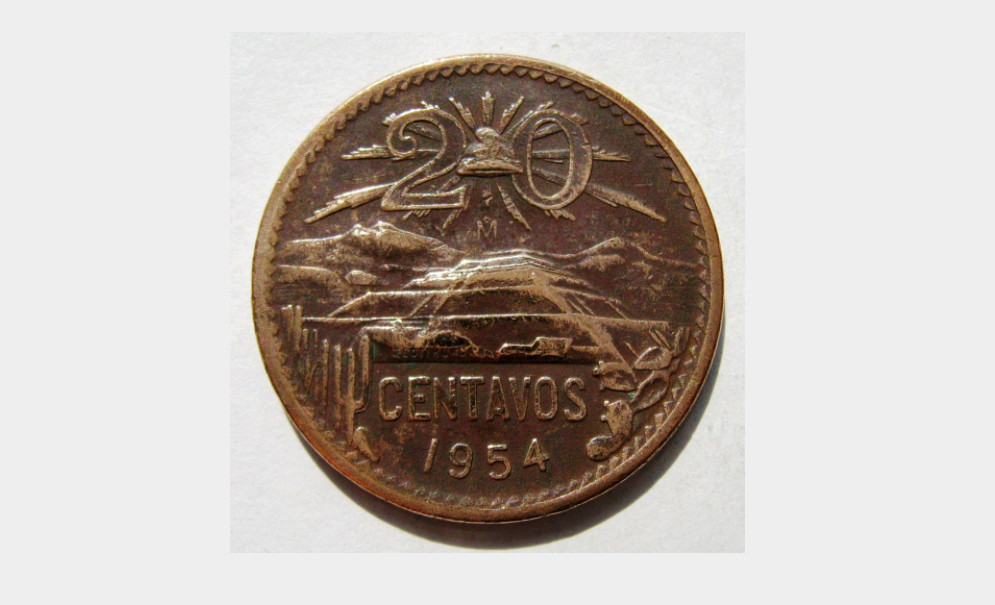10 expressions that are not so easy to figure out (36)
Expression Approximate literal translation (what you might think you actually heard) Explanation no tener llenadera (Mx) llenar = to fill It is an expresion that means that someone is never satisfied. Like no matter how much he/she eats, it will never be enough. Also, used for politicians who embezzle. They steal and they can’t […] More













